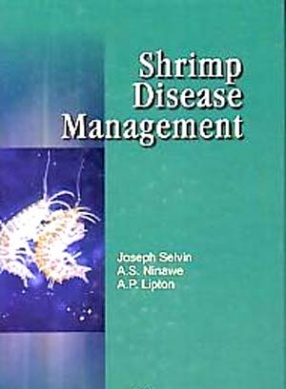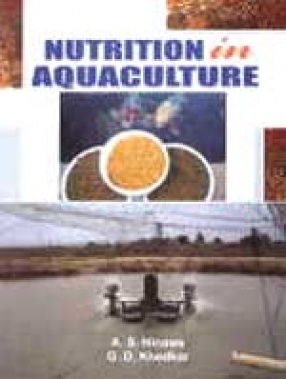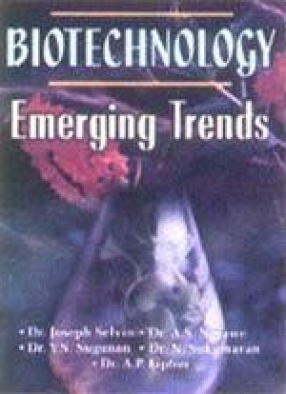Shrimp farming was growing as an industrial venturing rapid scale and it was declined in the same speed due to the widespread of disease outbreaks and consequences of antibiotics in the environment. The major set back in the shrimp farm development was the emerging and reemerging infectious diseases. This situation warranted the dumping of antibiotics in large quantities, many times as the infections are primarily due to the viral causatives. Such situations lead to the emergence and spread of antibiotic resistant pathogens into the neighboring farms and environment. The consequences of antibiotics in shrimp aquaculture products have been realized at the consumer level and hence many countries have banned the trade and import of antibiotic contaminated fishery products. Therefore, alternate environmental friendly management practices are inevitable to promote the shrimp farming as an economically and ecologically sustainable venture. In this book, the types of shrimp farming systems, major bacterial and viral diseases of shrimp, consequences of antibiotic use in shrimp aquaculture, residual kinetics of antibiotics in treated shrimp, prospective shrimp disease management strategies such as vaccines, immuno stimulants and natural products, bioactive marine secondary metabolites as a potential source for the development of novel shrimp drugs, probiotics in shrimp aquaculture, ecological aquaculture as a sustainable disease management system, and good farm management practices are addressed with research insights and speculative deliberations.
Shrimp Disease Management: Prospective Approaches
In stock
Free & Quick Delivery Worldwide
reviews
Bibliographic information
Title
Shrimp Disease Management: Prospective Approaches
Author
Edition
1st ed.
Publisher
Ane Books India, 2009
ISBN
8190832298
Length
285p., Maps; Illustrations; 25cm.
Subjects









There are no reviews yet.